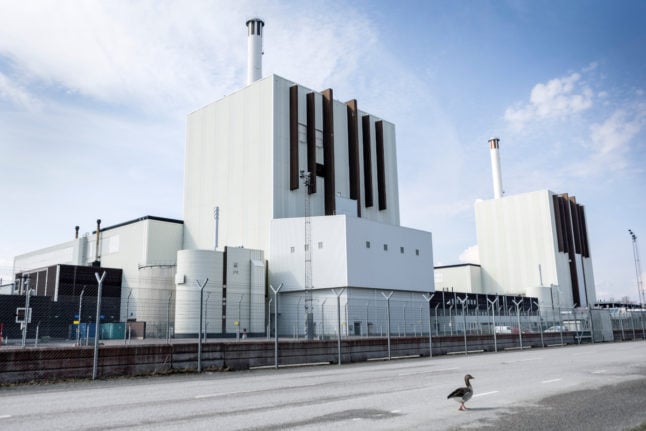The government presented a new roadmap outlining increased production equivalent to two nuclear reactors by 2035 at the latest, with a “massive expansion” to follow by 2045.
Energy minister Ebba Busch said the plan would be a further step towards Sweden “becoming a strong nuclear nation again”.
“In the next 25 years, we must double Sweden’s electricity production,” she added at a press conference.
The government insisted the plan would also ensure the success of its energy transition.
It estimates the country will need the equivalent of 10 new conventional nuclear reactors by 2045 to achieve these goals.
Sweden currently operates six reactors in three different power stations, with the government announcing in August that it would remove obstacles to the construction of new reactors.
Finance minister Elisabeth Svantesson said the cost of the project would be looked into “as quickly as possible”.
Greenpeace spokesperson Rolf Lindahl warned of possible spiralling costs, pointing to similar projects in France, Finland and the UK which had “suffered major cost increases and delays”.
The announcement comes as EU countries prepare for another winter with reduced supplies of Russian gas, which has led electricity prices to soar.



 Please whitelist us to continue reading.
Please whitelist us to continue reading.
Member comments